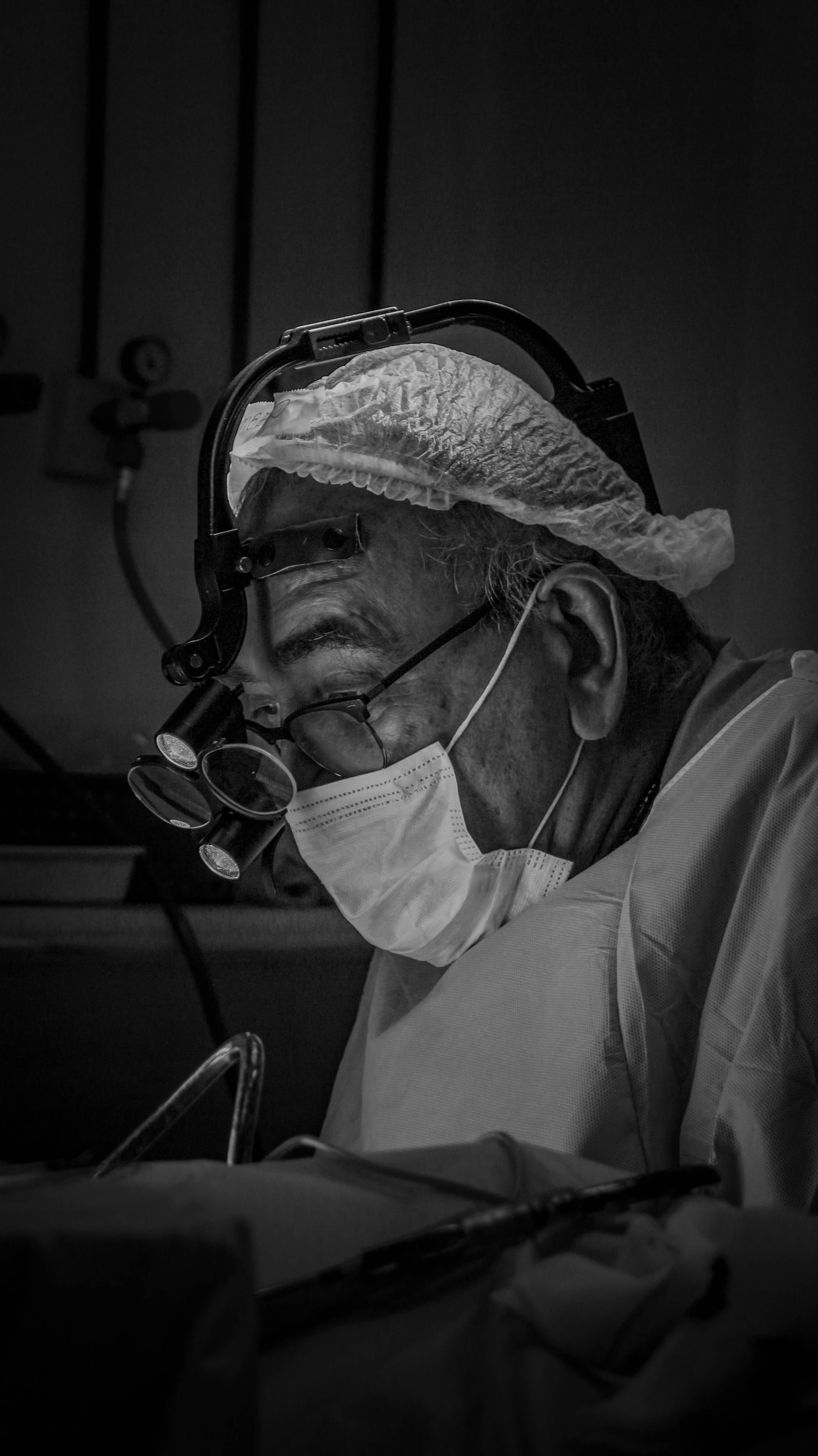The decision to pursue cataract surgery is a significant step toward reclaiming clear vision and improving quality of life. This process starts not in the surgical suite, but with a thorough cataract evaluation appointment. This initial appointment is far more than a simple pre-operative formality. It is an essential conference where you, your ophthalmologist, and your support staff build a mutual agreement on your eyesight objectives and develop a customized treatment strategy. Knowing what will happen during this evaluation can enable you to be a engaged and educated partner in your own vision health.
The consultation typically begins with a detailed discussion of your visual symptoms and how they impact your daily activities. Your surgeon will ask you questions about specific challenges you are facing. Do you struggle with reading small print, seeing clearly at night, or perceiving colors vividly? Do your cataracts make it difficult to enjoy hobbies like gardening, sewing, or watching television? This conversation is your opportunity to voice all your concerns and describe the vision you hope to achieve. Being honest and specific about your daily routine and goals is vital, as it directly affects the suggestions for your surgery.
After the preliminary conversation, you will experience a set of sophisticated, by Stcs comfortable diagnostic exams to collect accurate information about your eyes. This segment of the consultation is critical for determining your candidacy for surgery and for planning its technical details. The tests will likely include a measurement of your visual acuity, a check of your eye pressure, and a detailed mapping of your cornea. One of the most crucial steps is a comfortable process called biometry, which accurately calculates the size of your eye and the shape of your cornea. These measurements are used to calculate the power of the intraocular lens, or IOL, that will be implanted during surgery to correct your vision.
Arguably the most impactful part of the consultation is the discussion about intraocular lens, or IOL, options. Cataract surgery is not only about extracting a cloudy lens; it is a chance to lessen or remove your need for eyeglasses. Your ophthalmologist will describe the various kinds of modern technology lenses obtainable. Single-focus IOLs are engineered to offer clear eyesight at one range, usually set for distance. Multifocal and Extended Depth of Focus, or EDOF, lenses are premium options designed to provide a full range of vision, from near to intermediate to far. There are also astigmatism-correcting IOLs, which are specially made to fix corneal irregularity. Your doctor will suggest the ideal choice for you according to your eye structure, your eyesight objectives, and your daily habits.
The consultation will also cover the surgical process itself, what to expect on the day of the procedure, and the recovery period afterward. This is the moment to pose any and every query you might have about the security of the procedure, the effectiveness rates, and the possible dangers and side effects. A trustworthy ophthalmologist will encourage your inquiries and give plain, comprehensible responses to guarantee you feel fully assured and at ease. You will also go over and finish the required permission documents and talk about the monetary elements of the operation, containing policy coverage and payment plans.
